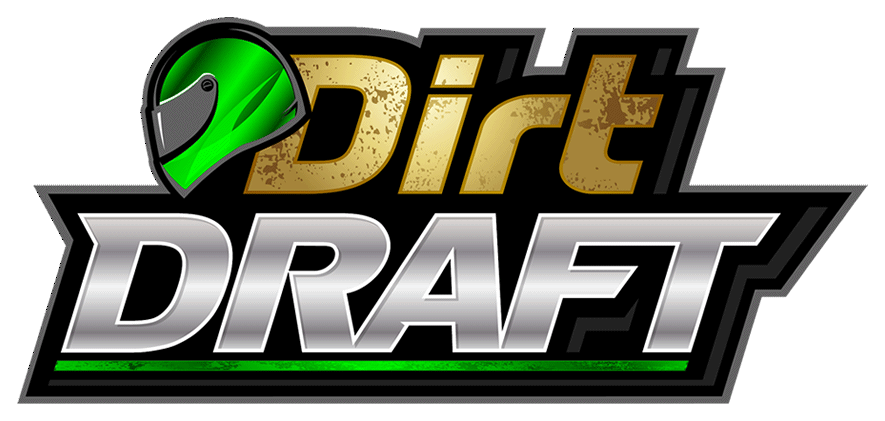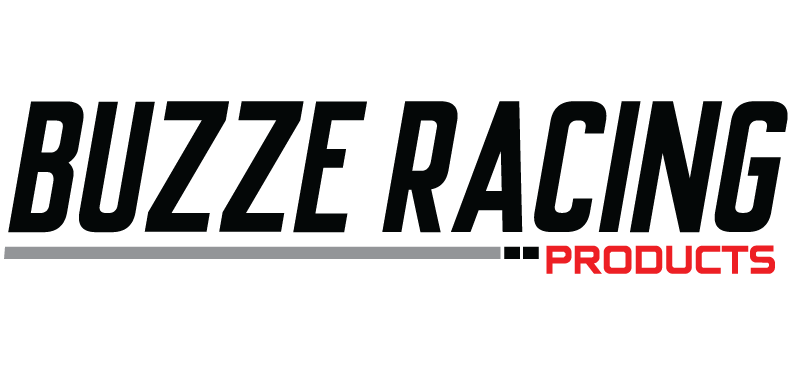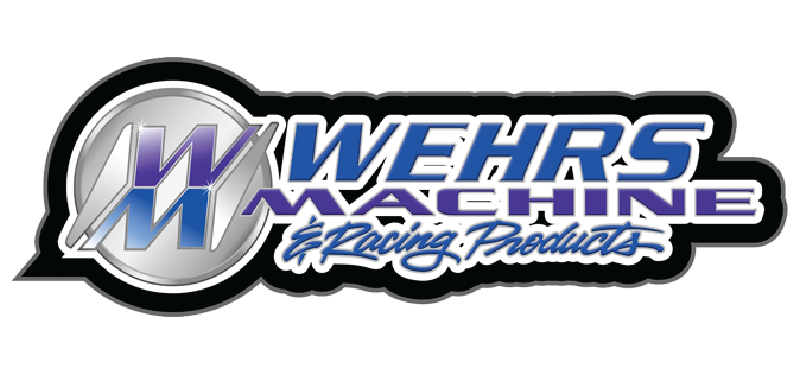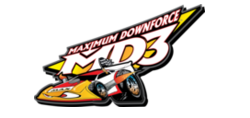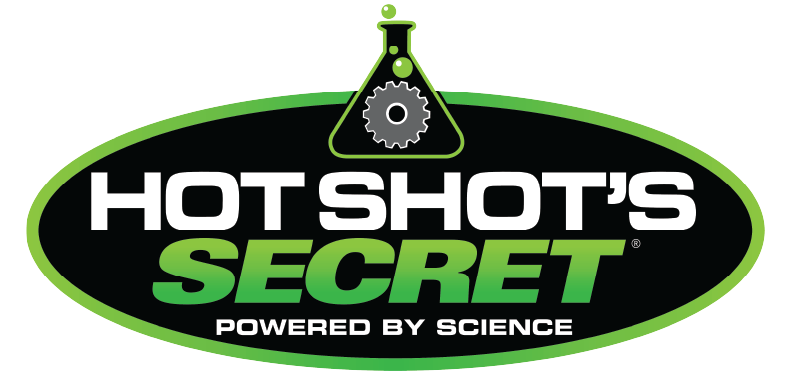
DirtonDirt.com exclusive
Recent penalties ratchet up tire-cheating concern
By Todd Turner
DirtonDirt.com managing editorAfter a series of high-profile drivers have faced penalties for cheating tires over the past month, four people with a keen perspective of the Dirt Late Model industry see varied views of a sport facing a dilemma.
One sees the quality of laboratory tests as catching up with tire prep solutions, one has zero sympathy for drivers proven guilty, another says stiffer fines spread among car owners, crew chiefs and drivers would end the cheating, and yet another bemoans the worst-case scenario of requiring drivers to buy tires at the racetrack for each event.
But while everyone shared concern for the controversial issue, observers were reluctant to label chemically-treated tires as an absolute crisis in a sport where a popular mantra says “if you ain’t cheating, you ain’t winning.”
“Anytime you have competition at the premier level, just like what happened to (NASCAR’s) Matt Kenseth there (regarding penalties for illegal engine components), you’re always going to be dealing with people who are willing to bend the rules a little bit,” said Ronnie Stuckey, a long-time crew chief, racing consultant and chassis dealer. “But that’s what we get paid for — to try to win the races.
“Tire prep just happens to be the thing that stands out the most today. It used to be traction control, and now it’s tire prep.”
A tire-cheating era that stretches six seasons is in the midst of a month-long stretch when two World 100 winners and two other popular drivers were slapped with penalties after tires failed lab tests with four different organizations, including two stripped of $20,000 victories pending appeals.
Jimmy Owens of Newport, Tenn., was stripped last week of a $20,000 victory on first-year National Dirt Racing League at Federated Auto Parts Raceway at I-55, a ruling he said Friday he’ll appeal.
Jason Feger of Bloomington, Ill., is appealing the loss of $20,000 and other penalties after his apparent World of Outlaws Late Model Series victory at Farmer City Raceway, while Chris Madden of Gray Court, S.C., was disqualified from a Southern All Star victory at Tazewell (Tenn.) Speedway. Hall of Famer Scott Bloomquist of Mooresburg, Tenn., lost prize money from a fifth-place finish in a Spring Nationals race at Volunteer Speedway in Bulls Gap, Tenn., after a series disqualification.
Stuckey and three others — Roger Slack, general manager of Eldora Speedway; Jimmy Mars, a former Dirt Track World Champion and co-owner of Mars Race Cars; and Josh King, co-promoter of Florence Speedway in Union, Ky. — agreed to discuss industry fallout regarding the recent penalties. None of the four commented specifically about recently penalized drivers, but reflected about how the spate of disqualifications affects the sport.
One of the reasons for the recent penalties is that the labs are getting better at revealing added chemicals that are often sold to race teams as undetectable, Slack said.
“There’s been a lot of people making a lot of money off of racers, and at the same time, there’s been a lot of people that are ruining the sport for fans and competitors,” said Slack, adding that Eldora Speedway spends nearly $10,000 in tire tests for the Dream and World 100 alone. The labs have “made great strides and I think we’re finally seeing the fruits of the labor, especially over the last year of everybody really working together and the fact that there are some racers that are out there, and they make a living off of racing, and they’ve seen it, or suspected stuff going on, or they’ve had access to it, and they’re tired of food being taken out of their mouths, and want to stop seeing their sport ruined.”
Slack said he hates when penalties involve some of the sport’s biggest starts, “but these tests don’t get proven wrong very often” and require tough decision-making for tracks and series involving “thousands of dollars and reputation and and a lot of things. It’s not an easy decision for anybody. You always hope it’s not going to happen, but the rules are the rules, and hopefully we can get this cleaned up. We’re going into big-event season and maybe people were trying to see what was being tested and what they could get away with.”
That’s a popular theory among those who closely follow the tire testing, and Stuckey said he’s seen cycles before when teams use tire prep chemicals that went previously undetected.
“The reason I believe all of the people being accused are getting busted in early season races right now, more than likely, tire prep companies looking for an advantage made changes over the winter that they feel like is going to slip through the (lab tests),” Stuckey said. “More than likely, when all this shakes down, you’re going to see this go away like it did last year. People will get smart enough to learn which tire preps can get squeezed through these laboratories and which ones can’t make it.”
King believes that the busy month for disqualifications, especially for the penalties in lucrative races, will encourage teams to reconsider tire-treating plans.
“I think it’ll kind of stop everybody for a little bit — until the next new big treatment comes along,” said King, whose track typically sends one Late Model tire sample per week to be lab-tested.
Mars, whose tires were unsuccessfully protested by Bloomquist after his $30,000 victory in 2011’s Firecracker 100 at Lernerville Speedway in Sarver, Pa., knows that penalties over the years have justly — and likely unjustly — punished drivers.
“I feel bad for the guys who have been accused of something that has not happened. I feel bad for them who have been accused or found guilty of something they didn’t do,” said Mars, whose Lernerville tires passed lab tests while he also passed a polygraph exam. “But I think the guys that have been doing it for a while and deny it and have been doing it, I don’t feel bad for them one bit. ... I think it definitely takes the credibility maybe from some of their success.”
He’s confident the lab tests — “if they have everything intact as far as the procedures and there’s no tampering, no under-the-table decisions swayed one way or the other, I think it’s great for the people who never (cheat tires).
“The guys that do it and then deny it ... and it’s beyond reasonable doubt they did it, then they should suffer the consequences,” said Mars, who is also troubled by the health risks of exposure to chemicals used to treat tires.
King says an overwhelming majority of Florence drivers were supportive of the testing when it was instituted at his track a few years ago. “The drivers want the testing because they don’t want to have to treat the tires,” he said. “From the drivers I’ve talked to ... they want to know they’re running against clean stuff.”
While costs are prohibitive in checking every tire of every competitor — or even the top-five finishers — testing the winners helps keep drivers honest with an issue that King believes will never disappear.
“We’ve opened Pandora’s Box, and I don’t see a way to close it back,” King said. “Until somebody comes up with a better way to check this stuff ... it’s here to stay. And the testing has got to go on.”
Asked for a percentage of Dirt Late Model teams who might use tire prep regularly to improve performance, King and Stuckey wouldn’t hazard a guess. It’s often sold by second parties and “it’s rare to find somebody who’s got the stuff who’s willing to talk to you about it,” King said.
Race teams are so secretive about tire prep, “there’s no way for any tire prep company to know how many of those teams buy it,” Stuckey said. But he knows for sure that some of the teams using it are those who believe they need it to win.
“Just like when steroids were used (in baseball), when the heroes of the sport quit getting caught, it goes away in the (major leagues), and it goes away in the lower divisions also. But when the (drivers) getting caught (with tire prep) are the guys winning the races, the drivers at the regional and local level feel like that’s what it takes to win. ... We’re not catching the guy running 10th. You’re catching the guy that just won $20,000.”
Solving the tire-cheating issue isn’t going to happen overnight, all the observers agree. But they considered ideas that would supplement or replace the current lab-testing procedures if tire-cheating is never brought under control.
The “most drastic step” would be requiring drivers to race only on tires bought at the racetrack, Slack said. It’s a solution that wouldn’t get much support from teams forced to spend hundreds of dollars per race on rubber and could no longer reuse tires.
“The whole making ‘em buy ‘em at the track would put us out of business,” King says flatly. “It’s not a viable solution.”
Slack says it’s up to the racers to realize that scenario could be on the horizon if things don’t improve.
“The racers are going to have to, at the point that we’re at, the racers are going to have to realize that we are coming extremely close to series and racetracks, especially at the big events, saying, ‘Guys, you are going to have to buy your tires at the racetrack,’ an asphalt-track situation where there’s the tire truck and everybody’s called in by number, you pick your tires, they’re marked, and you go back to your hauler. ...
“If guys don’t start behaving themselves and policing themselves and stop doing it, we’re going to start seeing a lot longer days at the racetrack, and it’s going to be more complicated, and it’s going to be more expensive.
“(Chemically-altered rubber) opens up all these cans of worms, and it would just be a lot easier if these guys would just stop messing around with their tires.”
Mars sees that solution as workable, too.
“The easiest way to get away from not having any of that stuff is to have the tires done only at that racetrack ... but when it comes to that, you’re completely screwed on time-frame of getting your tires done, the spares needed for the next race. There’s too many (questions) that aren’t answered on that. ... If people were honest, it would make life a lot easier.”
Mars says another solution is uniform testing procedures among the most prominent series.
“If this is such a bad deal, every series should have the same format (and) way of doing it, (to give drivers) ease of mind knowing it’s done the right way,” he said.
Additionally, making any restrictions clear, such as designating a single type of cleaner used for tires — or restricted to water, Mars said. (Feger’s appeal is based on chemicals he says came from a product used to clean his tires).
Mars and Stuckey would also like to see the tours — including the World of Outlaws, UMP DIRTcar, and Lucas Oil Late Model Dirt Series, who Stuckey believes does the best job policing tires — unite where penalties with one tour would extend to other series.
“As long as the series keep going what they’re doing today, and testing tires, and they legally have the backbone to go up against these guys where they keep the infraction where the drivers get thrown out and lose their money, it’ll go away,” Stuckey said.
Stiffer penalties would also help put an end to tire-cheating, Stuckey said, including fines that reach beyond the driver to the car owners and crew chiefs of the violating teams.
“Somebody’s gotta be held accountable for the cheating, because as a crew chief, you know when you put that tire prep on that tire. It’s not a gray area. It’s black or white,” he said. “Fines hit hard. No car owner wants to foolishly throw money away. ... if you held that whole team accountable for the actions, I think you’d get to the bottom of it a lot better, and I think the car owners would shut that down.”
Stuckey also suggested making fines match the potential winning purse. If a driver is caught cheating at a $5,000-to-win race, his penalties would include a $5,000 fine.
“These fines aren’t big enough. ... the bigger race, the bigger the fine. Why should you be able to come in there and win a $50,000 race with (an illegal tire), and realistically you’re stealing from the rest of the competitors who are trying to do it legal?”
Everyone racing legally is exactly what Mars would like to see.
“I just wish everybody would be honest, but it’s not that way as far as this goes,” he said. “I don’t know what to say. It’s just a bad deal.”




























